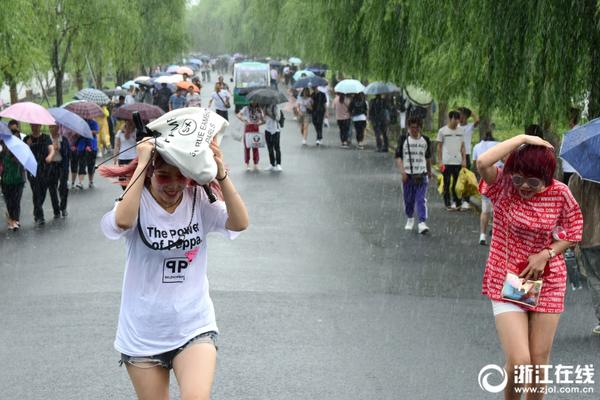08-03,srhwqklfcnsidhoihewir.
America's Growing Taboos 1-4: Escalating Tensions|
America, known for its diverse and inclusive society, is increasingly facing challenges related to taboo topics. Issues labeled as taboo 1-4 have been gaining prominence, causing tension and division among the population. These taboos range from political differences to social issues, exacerbating existing divides and threatening social stability.
Taboo 1: Political Polarization
One of the most prevalent taboos in America is political polarization. The country is deeply divided along party lines, with tensions often escalating during election seasons. The lack of respect for differing viewpoints and the demonization of the "other side" have created a toxic political climate, hindering constructive dialogue and collaboration.
Taboo 2: Race and Ethnicity
Racial and ethnic tensions in America have been longstanding issues that continue to be exacerbated. Systemic racism, discrimination, and inequality have drawn attention to the country's deep-rooted problems. The lack of understanding and empathy across racial lines further fuels these tensions, perpetuating a cycle of division and mistrust.
Taboo 3: Gender and Sexuality
Discussions around gender and sexuality have also become increasingly taboo in America. Debates over LGBTQ+ rights, gender equality, and sexual orientation often spark heated arguments and controversies. The lack of acceptance and inclusivity for diverse gender identities and sexual orientations contributes to the marginalization of these communities.
Taboo 4: Socioeconomic Disparities
Socioeconomic disparities and class divisions in America are another taboo topic that is often disregarded or ignored. The widening gap between the rich and the poor, lack of access to healthcare and education, and economic inequality fuel resentment and social unrest. The failure to address these disparities perpetuates a cycle of poverty and exclusion.
Solutions for Bridging Divides:
1. Open Dialogue and Empathy: Encouraging open and respectful dialogue across different perspectives is essential for fostering understanding and empathy. Engaging in meaningful conversations can help bridge divides and promote mutual respect.
2. Educational Initiatives: Implementing educational programs that promote diversity, equity, and inclusion can help address misconceptions and stereotypes. By providing accurate information and promoting cultural awareness, individuals can better understand and appreciate the differences that make America diverse.
3. Policy Reforms: Addressing systemic issues through policy reforms is crucial for promoting social justice and equality. Implementing measures that aim to reduce inequality, discrimination, and marginalization can help create a more inclusive and equitable society.
4. Community Engagement: Encouraging community involvement and grassroots initiatives can empower individuals to take action and drive positive change. Building strong community connections and promoting solidarity can help strengthen social cohesion and unity.
By addressing these taboo topics and actively working towards bridging divides, America can move towards a more inclusive, tolerant, and cohesive society. It is crucial to acknowledge the existing challenges and take proactive steps to promote unity and understanding among its diverse population.




 桃子汉化组移植游戏大全汉化组游戏安卓直装绅士像素不正
桃子汉化组移植游戏大全汉化组游戏安卓直装绅士像素不正  91年男女羊婚配91年男羊和91年女羊相配吗卜安居
91年男女羊婚配91年男羊和91年女羊相配吗卜安居 












